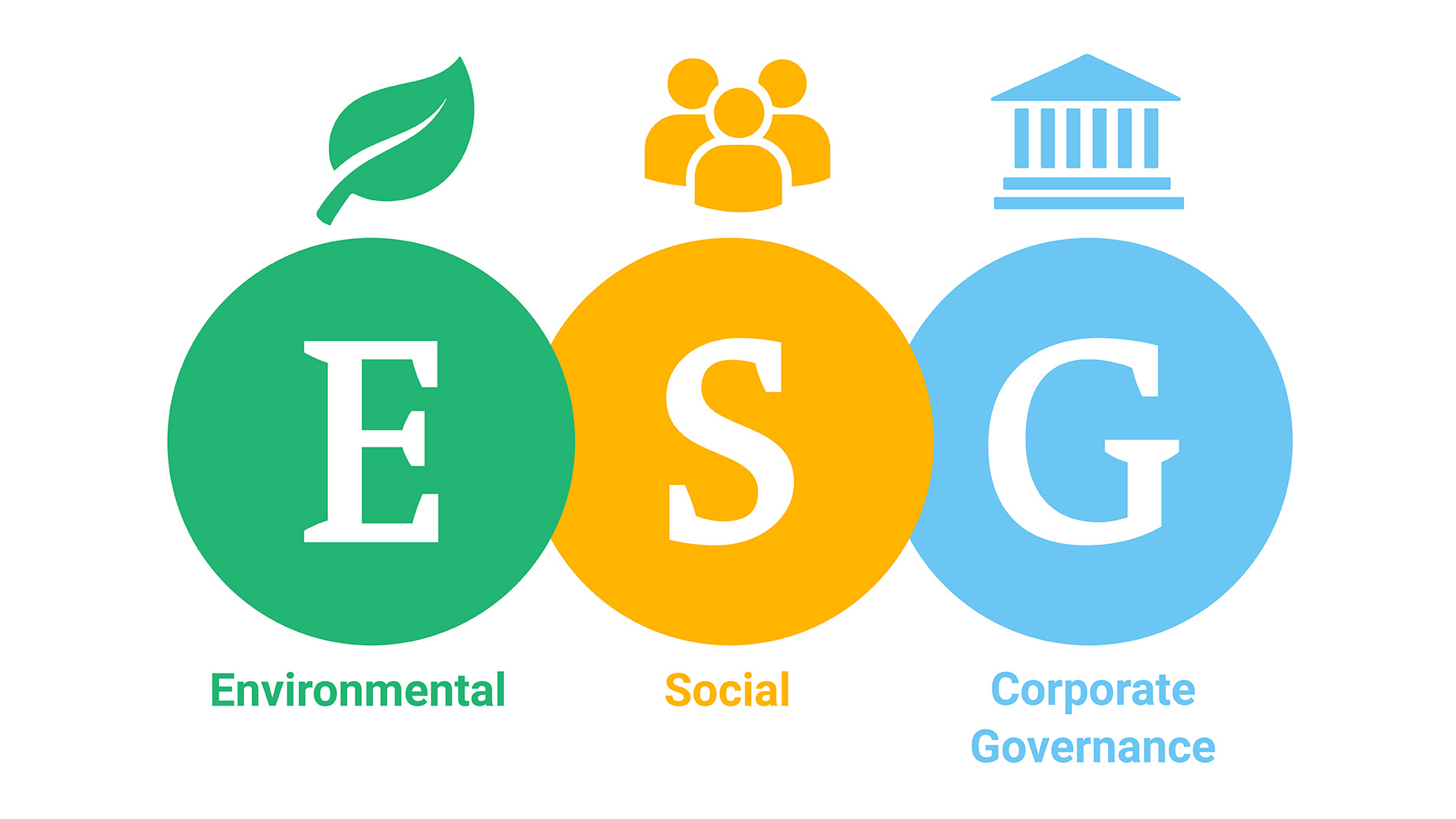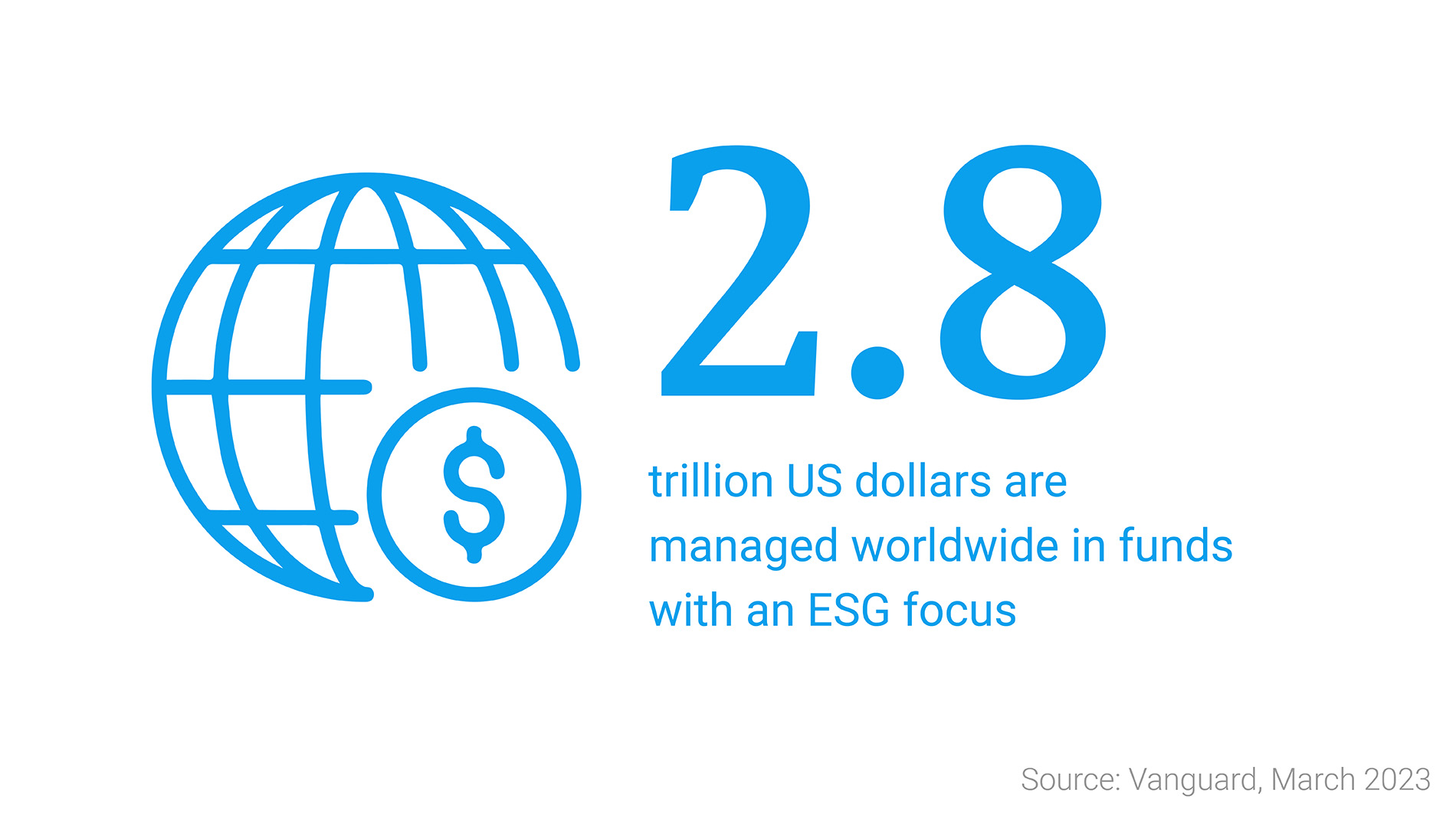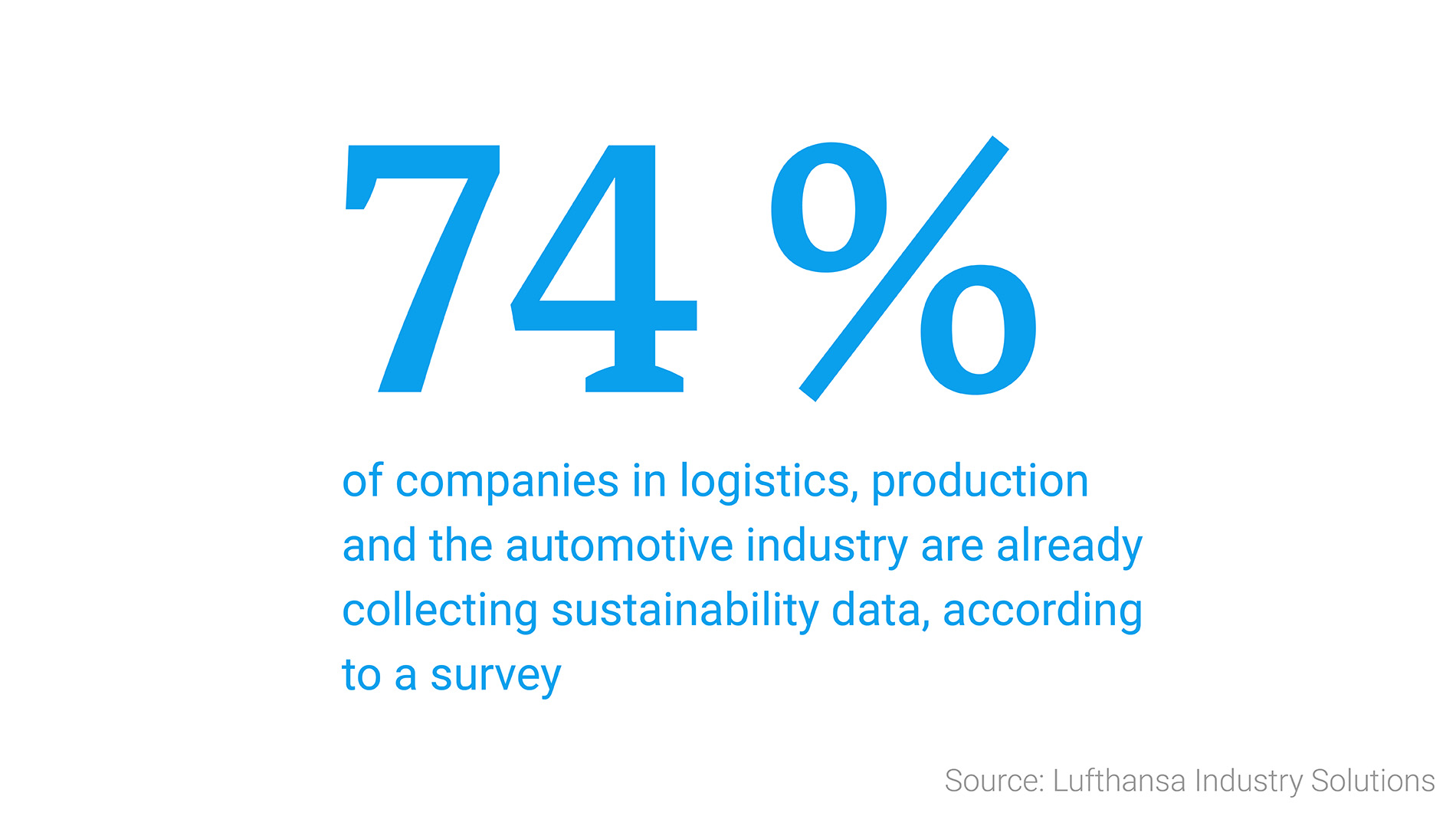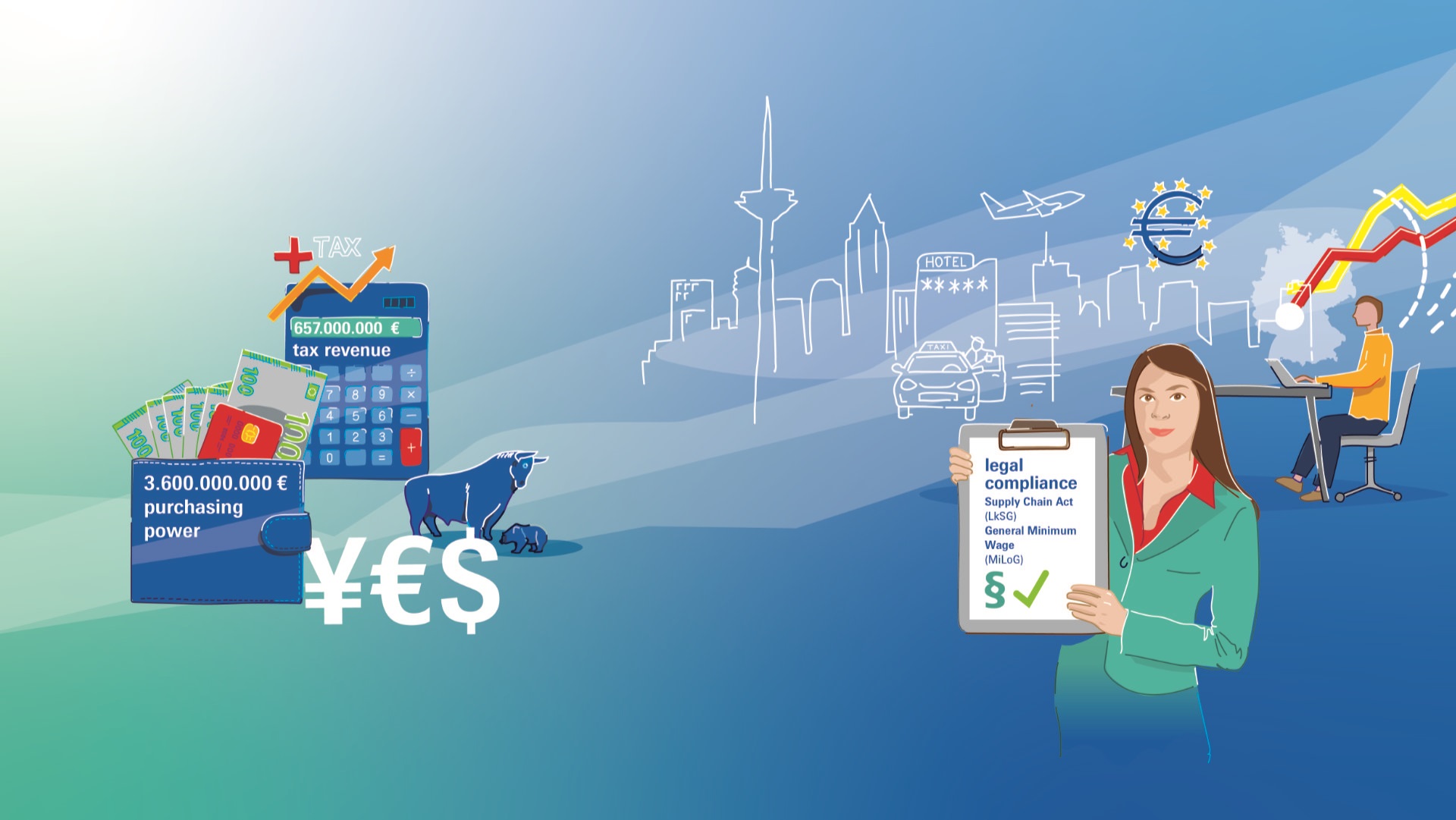ESG – what should we make of it? Clearly formulated ESG criteria can help companies in our sector to achieve sustainability goals – and therefore increase their market success and capital market viability. For the automotive and supplier industry in particular, it is becoming increasingly important to demonstrate to consumers that reductions in CO2 emissions are being made.
ESG is nothing to worry about

What are the ESG criteria? To ensure that countries are in a position to help achieve the UN climate goals, businesses also need to play an active part. Instead of merely promising sustainability, tangible, quantifiable goals need to be set. This is why the reporting requirement has been imposed at both a national and European level and encompasses the Corporate Sustainability Reporting Directive (CSRD) as well as the EU taxonomy for the capital markets. From 2024, the CSRD will require companies with over 500 employees to submit annual sustainability reports, which must include verifiable criteria from the areas of environment, social issues and corporate management.

What benefits does ESG offer for companies? ESG reporting gives businesses the option to report their efforts and progress when it comes to sustainability. Reporting can also lead an organisation to develop new, climate-neutral products, increase its efficiency and identify areas for improvement. The demands placed on suppliers by OEMs are constantly growing.

Tenders are increasingly outlining clear expectations with regard to ESG goals. The capital market is also orienting itself more and more to ESG goals. Conversely, companies can issue ESG-compliant bonds. There are a wide range of rating and consultancy agencies that can help even SMEs to make full use of the ESG guidelines. Overall, the automotive and supplier sector has nothing to fear, especially given it is making good progress in reducing emissions.
And this is what our exhibitors think
“Circular economy reduces emissions and is more stable”

“At Bosch, we understand sustainability to be the balance between the economic, ecological, and social dimensions of our business activities as part of responsible corporate governance. Sustainability, deeply rooted in Bosch’s corporate values, has not just recently become part of our day-to-day business. For more than 50 years, Bosch Automotive Aftermarket has been offering circular products through Bosch eXchange. By 2030, we will more than double our circular business in the aftermarket with Remanufacturing, Reuse, Repair and Recycling. Across Scopes 1, 2, and 3, we have reduced our CO2 emissions by over 100 million metric tons per year since 2018, a 23% reduction compared to 2018. Circular economy not only has the potential to reduce climate emissions. It is more resilient to economic and political disruption and can also benefit other UN Sustainable Development Goals such as resource-efficient water use.”
“Growth opportunities for the aftermarket - with zero emissions”

“For us, the meaning of sustainability extends to far more than just climate protection. In addition to the environmental issues of climate and nature, the focus also lies across the dimensions of people and lasting values. As we think about sustainability, we do so with a strict customer focus. From us as solution providers to our customers within the distributors’ network to installers and fleets down to the mobility users, we are a part of a complex value chain. This means that we need to be globally connected and locally rooted with our partners. At the same time, we also need to form new types of partnerships as considerable innovation is required to ensure that everyone is successful as we enter the new era of Next Generation Mobility and CASES (Connected, Autonomous, Shared, Electrified, Sustainable) as such. The aftermarket needs new business models, improved service concepts, and a deeper understanding of customer expectations. Only together with our partners can we achieve our goals of Zero Emissions, Zero Accidents, and Zero Downtime for every kilometer driven while creating sustainable growth opportunities for the aftermarket.”
“We stand by the goals of the Paris Agreement without any reservations”

"As a foundation company, MAHLE keeps a close watch on its impact on the environment and people. Environmental and social responsibility form the leitmotiv of all our actions. MAHLE is fully committed to the goals of the Paris Climate Agreement. We offer sustainable and innovative products in the three strategic future fields of electrification, thermal management, and efficient internal combustion engines to accelerate decarbonization. MAHLE Aftermarket consistently contributes to achieving the sustainability goals of the MAHLE Group and reduces the carbon footprint of commercial vehicle fleets through its portfolio."
Sustainability Court
Where does your company stand when it comes to sustainability and ESG reporting? Talk about it in the Sustainability Court at Automechanika and network with other players. The Sustainability Court is the central contact point for the topic of sustainability at the trade fair, which is one of the focus topics at the upcoming Automechanika. Present your sustainable products and solutions for sustainable mobility in a specially designed exhibition area in a prominent location in the new Hall 5.0.

